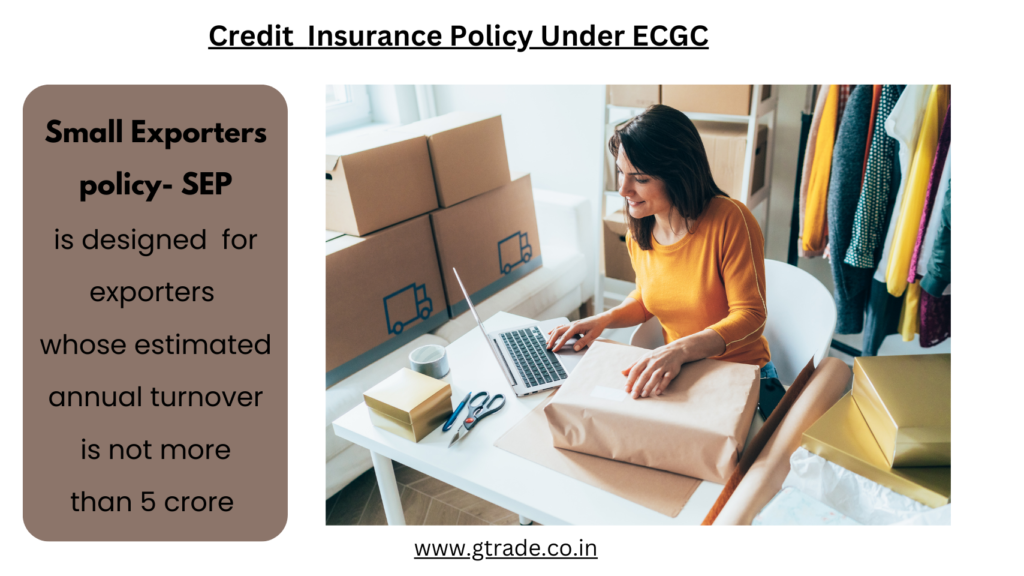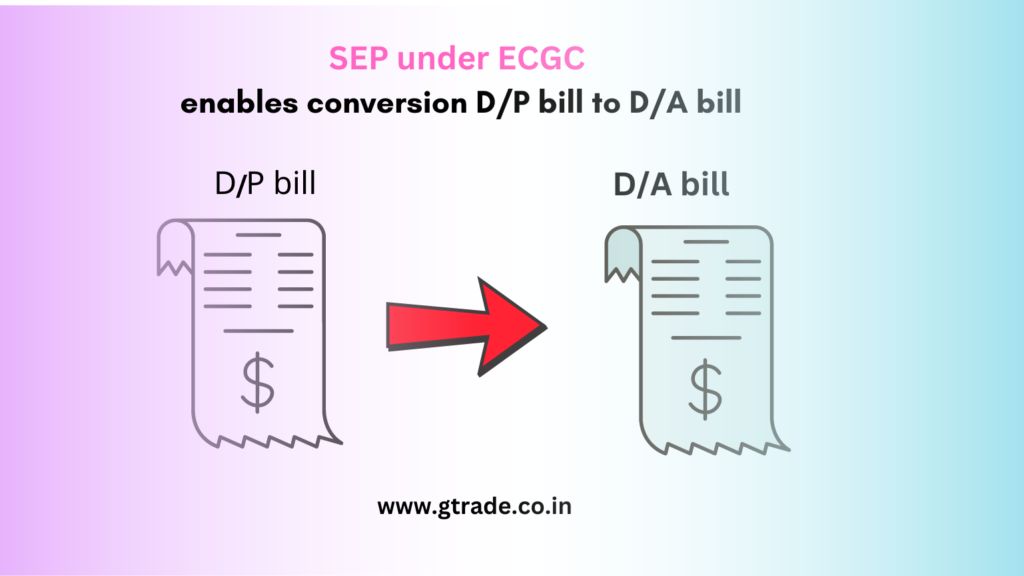
Exporters who don’t have regular orders and engage in export business on an occasional basis, have infrequent export orders. Consequently, the standard policy, may not be suitable or applicable to their unique circumstances. In such cases, these exporters can take advantage of the Specific Shipment Policy (SSP). T
his policy allows them to outline the specific risks associated with their shipments and, in doing so, effectively communicate their unique needs. By indicating the distinct risks to be covered, exporters can create a tailored approach to hedge their credit risks more effectively, thereby enhancing their ability to navigate the inherent uncertainties of international trade.
The period of SSP would be valid for shipments made from date of issue of the policy and up to the last date for shipment under the relevant contract.
SSP covers commercial risk, buyer risk, political risk, LC opening bank risk. Percentage of cover is 80% and SSP mandates important obligations on the exporter.
| Important obligations for exporter under specific shipment policy. |
|---|
| Processing fee of Rs 2000 nonrefundable is payable. |
| Upfront premium payment in full. |
| Submission of monthly declaration of shipments by 15th of the subsequent month. |
| Submission of payment advice slip. |
| Notifying or declaring. payments for bills that have remained unpaid beyond 30 days from its due date of payment by the 15th of the subsequent month. |
| Filing of claim within 360 days from the due date of export bill, or 540 days from the expiry date of the policy cover, whichever is earlier. |
| Initiating recovery steps, including legal action. |
| Sharing of recovery. |
SSP is an insurance cover that is designed for the specific needs of an export transaction.
For example, if the consignment is destined to Syria, a war clause can be taken.
If the shipment is destined to Kenya, a civil disobedience clause is required.
And if the shipment is destined to Afghanistan, a terrorism clause should be taken for such specific shipments of export order.
The export order does not have to declare all other exports, if any, it extends credit insurance cover to Merchant Trade Transactions (MTT) with prior approval by making the necessary endorsement.









